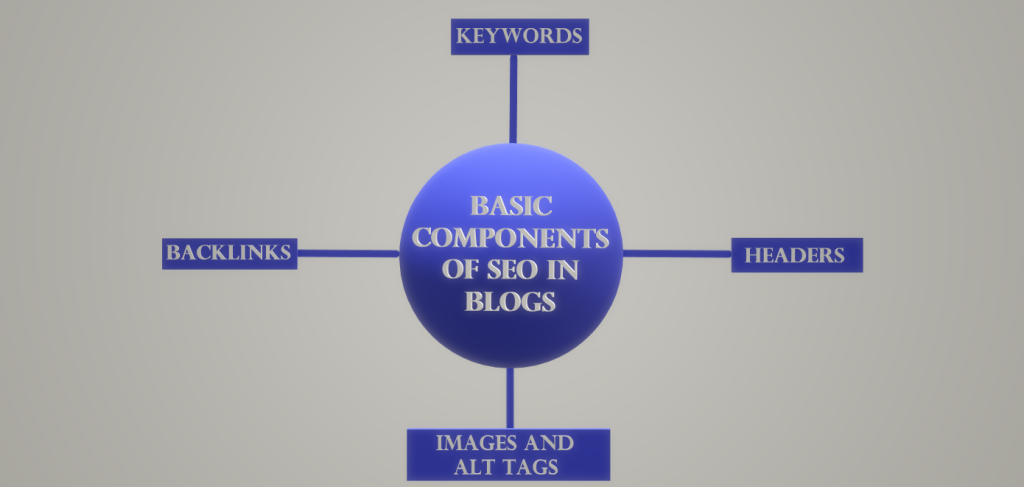The Importance of SEO in Blogs: Balancing Visibility and Value
Searching through the internet, we find a vast amount of written content on every topic imaginable, and a sizable portion of the information fetched for us by search engine algorithms that determine the best answer to a question comes from blogs. Blog posts are a significant source of knowledge on the internet. Did you know that over six million blog posts are published each day? And the number only grows. One can only imagine what it takes for a blog to rank on the first results page. That’s why having a blog show up in the first results is the dream of many content writers, and that’s when SEO strategy comes in handy.
Striking a Balance between SEO and Value
The primary reason for writing a blog post for a website is to inform website visitors about a topic and offer something of value. However, there is a technical side to a blog as well. Writers, especially for businesses, structure their content in a way that meets the guidelines of an SEO strategy to rank higher on the search engine results page (SERP). It raises a question. Does structuring a blog post for SEO take away any value from the quality of the written content? It does not necessarily detract from the quality of the written content; in fact, when done correctly, it can actually enhance the overall quality of the content, making it more discoverable and accessible to a broader audience. Nonetheless, the focus cannot be solely on SEO in blogs, and if a writer neglects the primary goal of providing value to readers, it can take away from the quality of the written content. Here, too, a balance must exist.
Basic components of SEO in blogs
Before integrating any components of SEO in blogs, we need to reiterate one concept: The blog’s content must be of the finest quality and beneficial to readers, the number one rule of content creation. Now, here’s the rest.

Keywords
Everything we read has some key ideas that sentences explain. These central concepts of SEO in blogs are known as keywords. A word or phrase that summarizes the main idea of a paragraph is a keyword. When people enter a query into a search engine, AI algorithms try to match the keywords describing the content. It is crucial to remember that overusing keywords—using more than three in a paragraph —can hurt the optimization. A good rule of thumb is one to three keywords per 100 words.
Headers
In writing, a paragraph has a leading idea, a topic sentence, and the rest of the sentences support that idea. In SEO, a similar approach would be giving a paragraph or a group of closely related paragraphs a title that captures the topic sentence(s). The titles are known as header tags (H1, H2, etc…). It goes from important to less important. Search engines gauge the consistency between header tags, keywords, and the quality of the content before showing it on the SERP.
Images and Alt tags
A famous adage says: “A picture is worth a thousand words. In SEO, it’s an advisable practice to upload a picture and write a description about it as well. Of course, a thousand words would be redundant, but a neat description would do. We call pictures with descriptions “alt tags” or “alt text.” Again, pictures, alt texts, keywords, and headers ought to be consistent with the content to have a shot at ranking.
Backlinks
In writing, the topic sentence gives the main idea of a paragraph, and all the sentences support the main idea. The supporting sentences are more credible if they offer some evidence of the notion expressed in a paragraph. One way to make online content credible and trustworthy is to create backlinks (inbound or incoming links). These links preferably come from reputable websites that link back to the website’s content, making the information credible.
To sum up, SEO in blogs is crucial for achieving online success. It can make blogs more visible online and can reach a larger audience. However, it is essential to strike a balance between SEO and providing value in the content of a blog to readers. Consequently, the primary goal of a blog should always be to inform and offer something of value to readers. Properly incorporating fundamental SEO components in a blog, such as header tags, keywords, alt tags, and backlinks, can not only optimize a blog for search engines but also improve the overall quality of the content.

